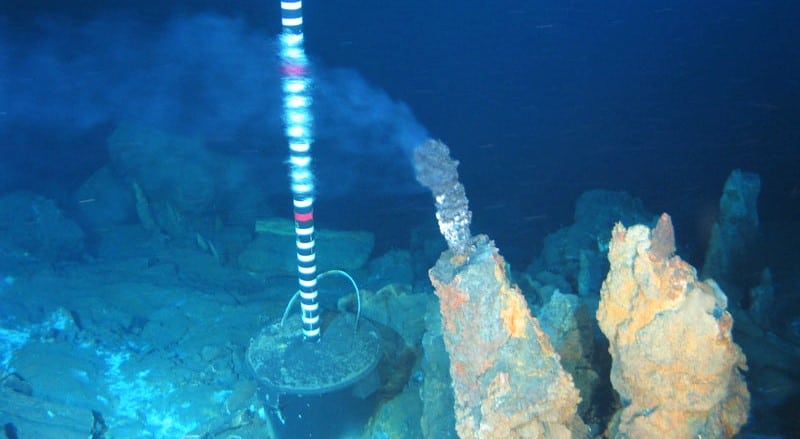A report in the Wall Street Journal says U.S. political support for deep-sea mining has taken on a new urgency as Norway this week became the first country to legalise extraction of minerals from the ocean bottom despite strong opposition from western allies.
The Pentagon was recently asked to submit a report by 01 March assessing the U.S’s ability to process sea-mined metals domestically such as cobalt and manganese that are used in electric-vehicle batteries.
This comes after 31 Republican members of congress wrote to the Secretary of Defense last month urging the defense department to evaluate and plan for seabed mining as a new “vector of competition with China for resource superiority and security.” The letter raised concerns over China’s control of the metals and minerals supply chain, in particular processing, and proposed deep-sea mining as a possible solution.
“We cannot afford to cede another critical mineral resource to China,” the letter said. “The United States, and specifically, the Department of Defense, should be engaging with allies, partners, and industry to ensure that China does not seize unfettered control of deep-sea assets.”
The process of trawling seabed for minerals for energy transition remains highly controversial. While proponents argue it could provide these metals critical to electric-vehicle batteries, critics warn it would destroy habitats largely untouched by humans. More than 20 countries have spoken out against the practice, including France, Germany, the UK and Canada.
On Tuesday, Norway became the first country in the world to approve deep-sea mining within its waters despite pushback from environmental groups and some nations.
Despite the opposition, deep-sea mining in international waters could become legal this year. The International Seabed Authority—the United Nations-backed organisation that regulates all mineral activities in international waters—has been drafting a mining code to govern the practice. In November, the ISA said the draft code could be completed later this year.
However, the U.S. isn’t a member of the ISA so sits outside of those negotiations. In November, Sen. Lisa Murkowski (R., Alaska) introduced a resolution calling on the U.S. Senate to ratify the United Nations Convention on the Law of the Sea, which would allow the U.S. to have a seat at the table during discussions on seabed mining.
So far, much of the attention has focused on an area of the Pacific Ocean known as the Clarion Clipperton Zone, off the coast of Hawaii. The area is known to have a high density of the tennis-ball-sized nodules sought by deep sea miners. “Promising to protect the oceans one day and proposing deep-sea mining the next, is next-level hypocrisy [for Norway],” said Amanda Louise Helle, Greenpeace Norway activist. “Not only does it risk vulnerable ecosystems in the Arctic, but also Norway’s international reputation. If our politicians are ready to give the Arctic away to greedy companies, then we are more than ready to chase them wherever they plan to deploy their destructive machines.
